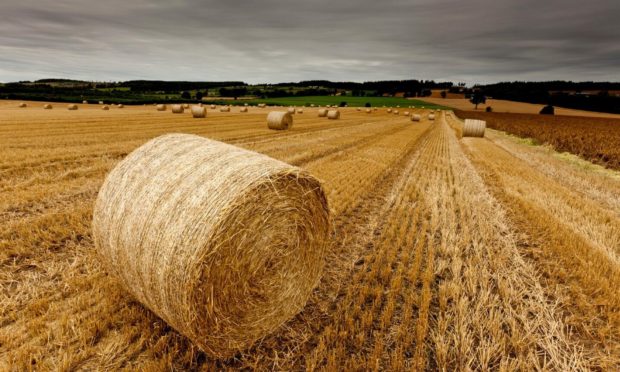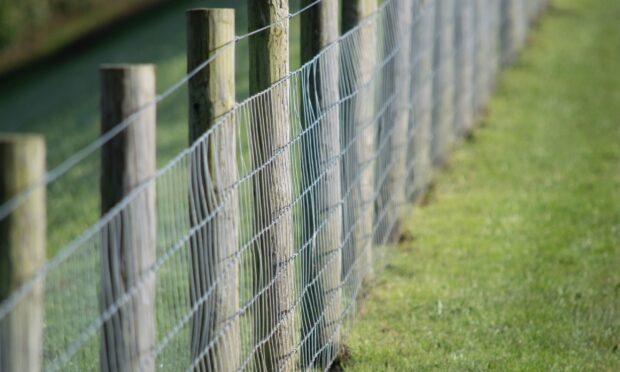Keeping to its first 100 days commitment, Scottish Government has established the Agricultural Reform Implementation Oversight Board (ARIOB).
The board is tasked with developing the recommendations from former Rural Economy Secretary Fergus Ewing’s farmer-led climate groups and the Farming for 1.5 Degrees Report.
Given that many of the faces on ARIOB have come from the farmer-led groups whose reports were well received by the farming sector, we can assume that the direction of travel set out by those groups will be maintained.
This is welcome news for Scottish agriculture as we start to see the shape of future policy to fill the post-2024 void.
Though we now have some clarity on the way forward for Scottish farming in general, for tenant farmers – who make up 25% of the sector – the development of new policy is raising more questions than answers.
Constrained by agricultural leases, it is not yet clear how tenants might adopt many of the non-agricultural recommendations of the farmer-led groups such as tree planting, carbon off-setting, creating biodiverse areas, or even providing public access.
These proposals which focus on carbon, the environment, and other public goods are likely to lead to reductions in agricultural output and in some cases a change in land use away from traditional farming – here lies the main problem for tenants due to tenancy legislation, which requires agricultural output to be maintained.
Farm tenancy legislation has developed over the last 150 years and during that period the focus has been on the maintenance of agricultural production within an agricultural lease.
Tenants are bound by the Rules of Good Husbandry (drafted in the 1940s when food security was a national challenge) which aims to maintain the agricultural productivity of holdings.
Any tenant who changes the management of the holding with the effect of lowering the productive capacity risks breaching the Rules of Good Husbandry.
That fitted well with farm policy until about 30 years ago when environmental measures were introduced for farmers which, while improving environmental outcomes, could have a negative effect on agricultural productivity.
Some amendments to tenancy legislation enacted in 2003 aimed to permit tree planting and other diversifications, but the experience of the last 20 years shows there are still obstacles to non-agricultural diversifications for tenant farmers.
In contrast to agricultural improvements made by tenants, which require at most a simple landlord notification, any non-agricultural diversifications need landlord consent – a much higher bar which leaves the landlord in the driving seat when setting rents and other conditions attached to diversification projects funded by tenants.
There is also the risk that in the case of tree planting, at the end of the lease the tenant may be required to reinstate the land as agricultural land or risk dilapidation claims.
A simple solution would be to review the Rules of Good Husbandry and definition of agriculture within tenancy legislation to recognise the value of environmental diversifications and provision of public goods which are now commonplace on farms.
Changes to tenancy legislation to allow tenants to play their part in mitigating climate change and providing public goods would need to be included in the agriculture bill. Leaving until a later bill will be too late for tenants.
In keeping with the Just Transition Commission’s thinking, Fergus Ewing promised a fair and level playing field for tenants to allow the same access as owner-occupiers to future farm policy.
If the health of the tenanted sector is to be maintained then the members of ARIOB will need to feasibility test their recommendations for tenants. The risks for tenants from not doing so are high.
- Christopher Nicholson is chairman of the Scottish Tenant Farmers Association.


